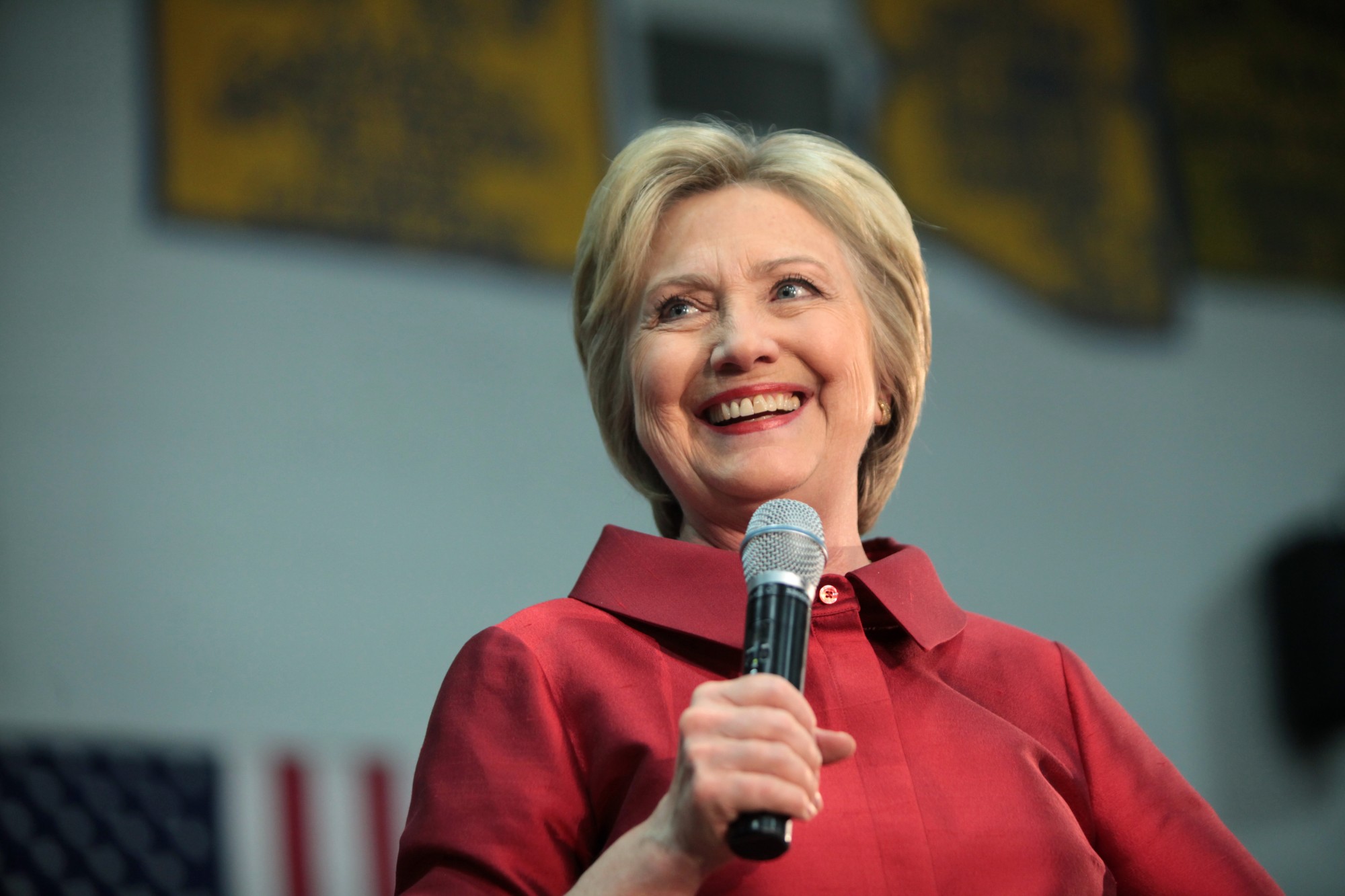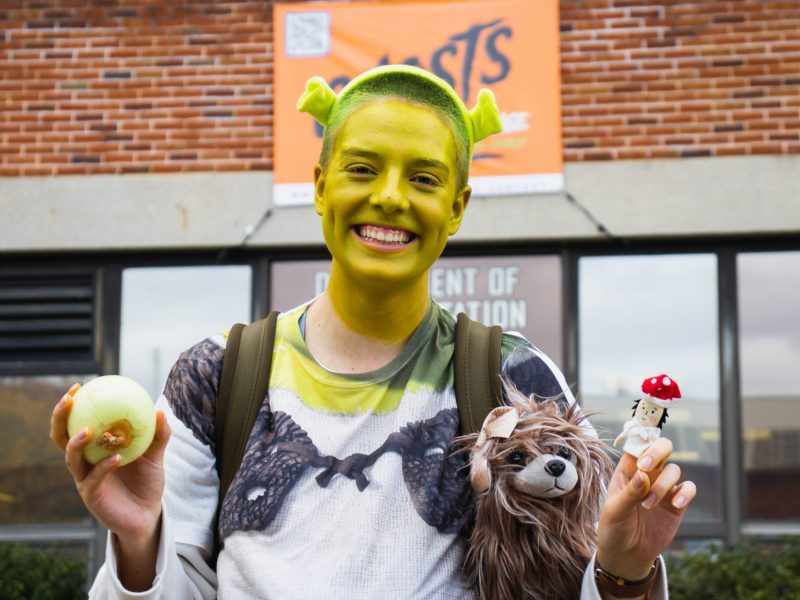Of the more than 80 million people who watched Monday night’s presidential debate, the ones screening it via TV’s on top of mini-fridges were perhaps the most important. College students and millennials have become a centerpiece of this debate, resting atop the icy dinner table Donald Trump and Hillary Clinton share.
Young, minority and college-educated voters have traditionally sided with the democratic, liberal candidate (just think about the number of Terps who were feeling the Bern). Clinton shouldn’t have to work hard in swaying the young people whose universities’ campaigns of diversity, sustainability and equality have created liberal crusaders. But she does, and that’s a problem.
A Quinnipiac university poll out this month has Clinton up by just 5 points with young voters. For comparison, in 2008, Obama had 66 percent of the youth vote, which carried much of his weight across the finish line. Obama held many of the same liberal views as Hillary Clinton: Make college affordable, raise the minimum wage, and create jobs in sustainable energy — so why doesn’t Clinton, the obvious follow-up candidate — have the same fan base?
The simplest answer is trust. Obama was young, well-spoken and poised to become the first president of any minority group. Bernie swept the nation’s college campuses as the crotchety old neighbor from the maple syrup state who didn’t mince words and was just crazy enough to be cool.
Clinton would be the first female president, a position that has eluded hundreds of candidates who’ve never seen the stage of a general election. The idea of a female presidency is new and exciting, but the idea of a Hillary Clinton presidency is not. We’ve seen Clinton for years, as a first lady, senator from New York and Secretary of State. We’ve seen her make powerful decisions and face the consequences of shaky ones. She is arguably the most qualified person to run for president at this time. But she’s preaching to a Clinton-weary choir.
But if not Clinton, then who?
Trump is hardly appealing to the people who thrived off Bernie’s free college mantra. Some say Gary Johnson is lapping up those who want a protest vote, but even with those votes he’s not coming close to being an election contender. It seems millennials aren’t quite sold on anything.
Monday’s debate was a prime opportunity to wrangle them in, but neither the questions nor the candidates did more than briefly touch on traditional youth topics like college debt, LGBT rights or the legalization of marijuana. Taxes, job growth and personal attacks filled most of the night. Trump didn’t say much to pull young people to his side, but Clinton relied too heavily on her best trait — non-Trumpness — to win over undecided voters, many of them young.
So that leaves us, the largest living generation in the country, as the potential swing vote come November. But we really won’t decide who wins. Instead, that is up to the pair of candidates who appeared on millions of televisions sets throughout the nation. They will decide who will pique our interest and inspire us to head to the polls, laying out the next four or eight years of American leadership.



